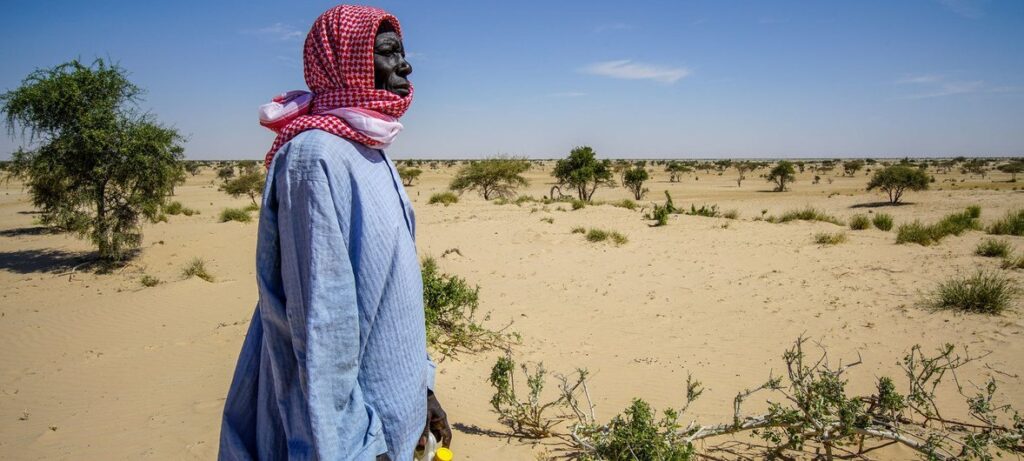
By Ken KOUTCHAKPO
About 100 nations — comprising almost 40 Heads of State and Government — have today declared, pledged to finalise, or outlined their commitment to achieving new climate targets in preparation for COP30 in Belém, Brazil, this November.
These declarations were made during a Climate Summit organised by UN Secretary-General António Guterres and Brazilian President Luiz Inácio Lula da Silva, held alongside the 80th session of the UN General Assembly.
“The science demands action. The law commands it. The economics compel it. And people are calling for it,” declared the UN Secretary-General in his opening statement.
New Commitments for Global Emissions
Around 100 Parties to the Paris Agreement, representing two-thirds of global greenhouse gas emissions, have now either submitted or unveiled new Nationally Determined Contribution (NDC) targets — setting out their commitments to accelerate climate action.
For the first time, several major economies, including China—the world’s largest emitter—and Nigeria, announced economy-wide emissions reduction targets covering all greenhouse gases and sectors. Other nations detailed ambitious renewable energy goals, plans to curb methane emissions, strategies to safeguard forests, and measures to phase out fossil fuels.
Leaders emphasised that accelerating the energy transition can unlock jobs, growth, and energy security. Developing countries, meanwhile, underscored the importance of incorporating adaptation, resilience, and loss and damage measures within their NDCs, stressing the urgent need for scaled-up financing to meet and surpass their ambitions.
A Decade of Acceleration Must Begin in Belém
While today’s pledges mark progress, leaders acknowledged that ambition gaps remain to keep 1.5 °C in reach and deliver on finance and adaptation.
The United Nations and Brazil held solutions dialogues throughout the week, highlighting that the technologies and tools needed to decarbonise energy, transport, and industry, protect forests, and strengthen resilience are already available. The challenge now is to accelerate scale.
With COP30 just weeks away, the Secretary-General urged all countries yet to finalise their NDCs to do so without delay: “COP30 in Brazil must conclude with a credible global response plan to get us on track.”
Closing the Climate Summit, the Deputy Secretary-General Amina Mohammed said, “Leaders across the world have stood together to show that even at a moment of division and uncertainty, the resolve and determination to fight the climate crisis is alive and strong.”
Dialoguing Solutions for the Climate
A series of Climate Solutions Dialogues, convened by the UN, Brazil and other partners, were held in the days before the Climate Summit to identify the concrete solutions that can accelerate the implementation of the Paris Agreement while strengthening multilateralism and connecting climate action to people and businesses.
The dialogues brought together governments, international institutions, civil society, business, and finance leaders on a range of issues related to climate action. These include Adaptation, Digital Public Infrastructure, Early Warning Systems and Extreme Heat, Energy Transition, Finance, and Industrial Decarbonisation.
Others are Information Integrity, Methane, Non-State Actors, and Tropical Forests Forever Facility











